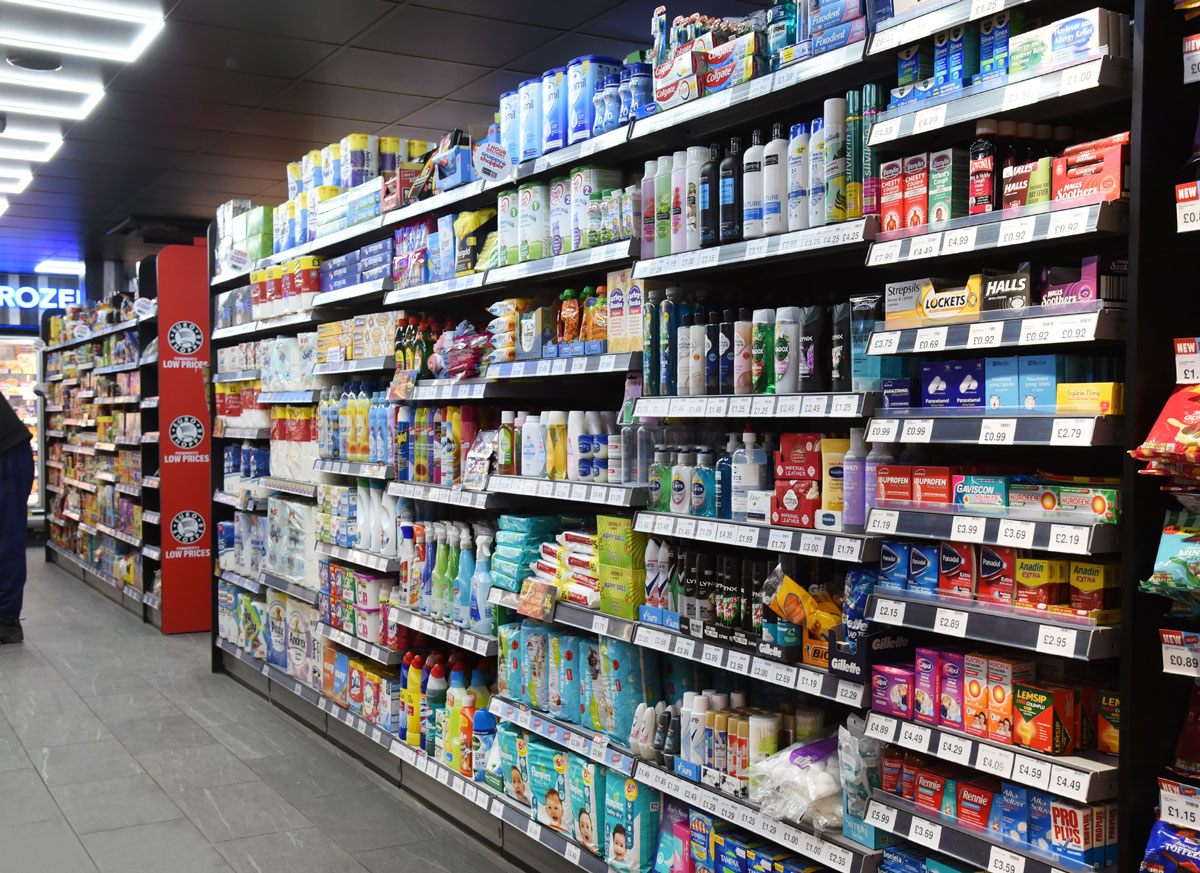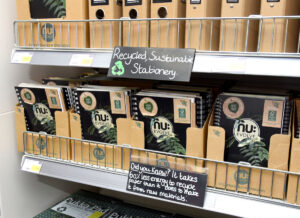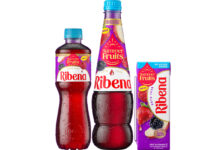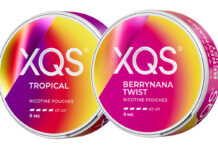Weather affects consumer spending, says Kantar

ONGOING dismal summer weather and inflationary pressures appear to have impacted on shopper behaviour and sales across the grocery and convenience channels.
Take-home grocery sales in Scotland rose by 2.2% over the 12 weeks ending 4 August compared to the same period last year, according to Kantar.
Lesley Ann Gray, strategic lead for Scotland at Kantar, said: “This growth was driven by some atypical summer staples due to the lingering cold weather, with sales of tinned soup and biscuits up by 5.3% and 7.6%, respectively, compared with last year.
“In contrast, sales of low/no-alcohol and ice cream were down by 26.1% and 4.4%.
“Additionally, spending on cold treatments increased by 32.7%, while spending on suncare products dropped by 13.4% due to the lack of sunshine.”
Further Kantar data showed grocery inflation across the UK rose to 1.8% in the four weeks to 4 August, up from 1.6% the previous month and the first increase since March 2023.
Fraser McKevitt, head of retail and consumer insight with the firm, said: “Having reached its lowest rate in almost three years in July, August saw inflation nudge up again slightly.
“While this is noticeable following 17 straight months of falling rates, it actually marks a return to the average levels seen in the five years before the start of the cost-of-living crisis.”
The Office for National Statistics also said consumer price inflation had risen for the first time in over a year.
Its data showed CPIH overall inflation rose by 3.1% for the year to the end of July, up from 2.8% the month before.
However, food and non-alcoholic drinks saw no monthly change and remained at 1.5%, while alcohol and tobacco fell 0.1% to 7.2%.
The primary driver behind the rise was household costs, including energy prices, with an increase of 1.4% to 3.7%.

Meanwhile the “back to school” shop did little to support retail sales in Scotland over the summer, according to data from the Scottish Retail Consortium (SRC).
The industry body said total sales in Scotland decreased in the four weeks to 27 July, falling by 1.2% when compared to the same period in 2023.
Even with the absent Scottish summer, many still chose socialising outdoors or spending on holidays during the period.
David Lonsdale, director of the SRC, said: “This presents shopkeepers with a tricky balancing act as they contend with underwhelming revenues while supply chain and statutory costs continue to rise.”
The sales performance in Scotland was also mirrored by its footfall performance, with the SRC reporting a 2.3% fall when compared with the same time in 2023.
Glasgow, in particular, took a hit, falling by 4.8% while Edinburgh saw a slight uptick of 1.4% as the Fringe began to open its doors across the capital.
Lonsdale said: “These feeble footfall results will be a disappointment for retailers who had been hoping for a shopper dividend from the combination of falling shop price inflation, cuts in employee national insurance contributions and council tax freeze, and the rosier outlook for household disposable incomes.”



















